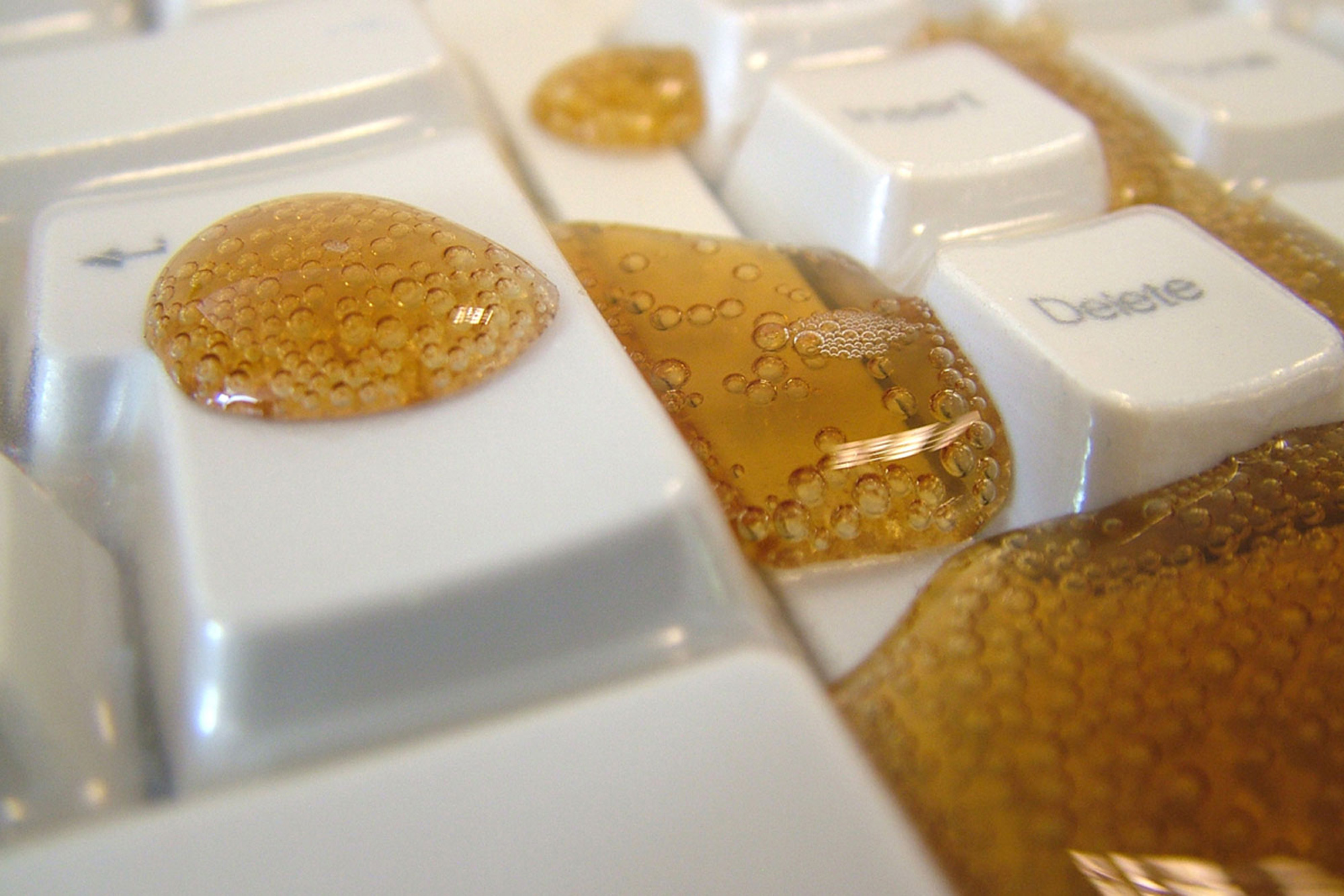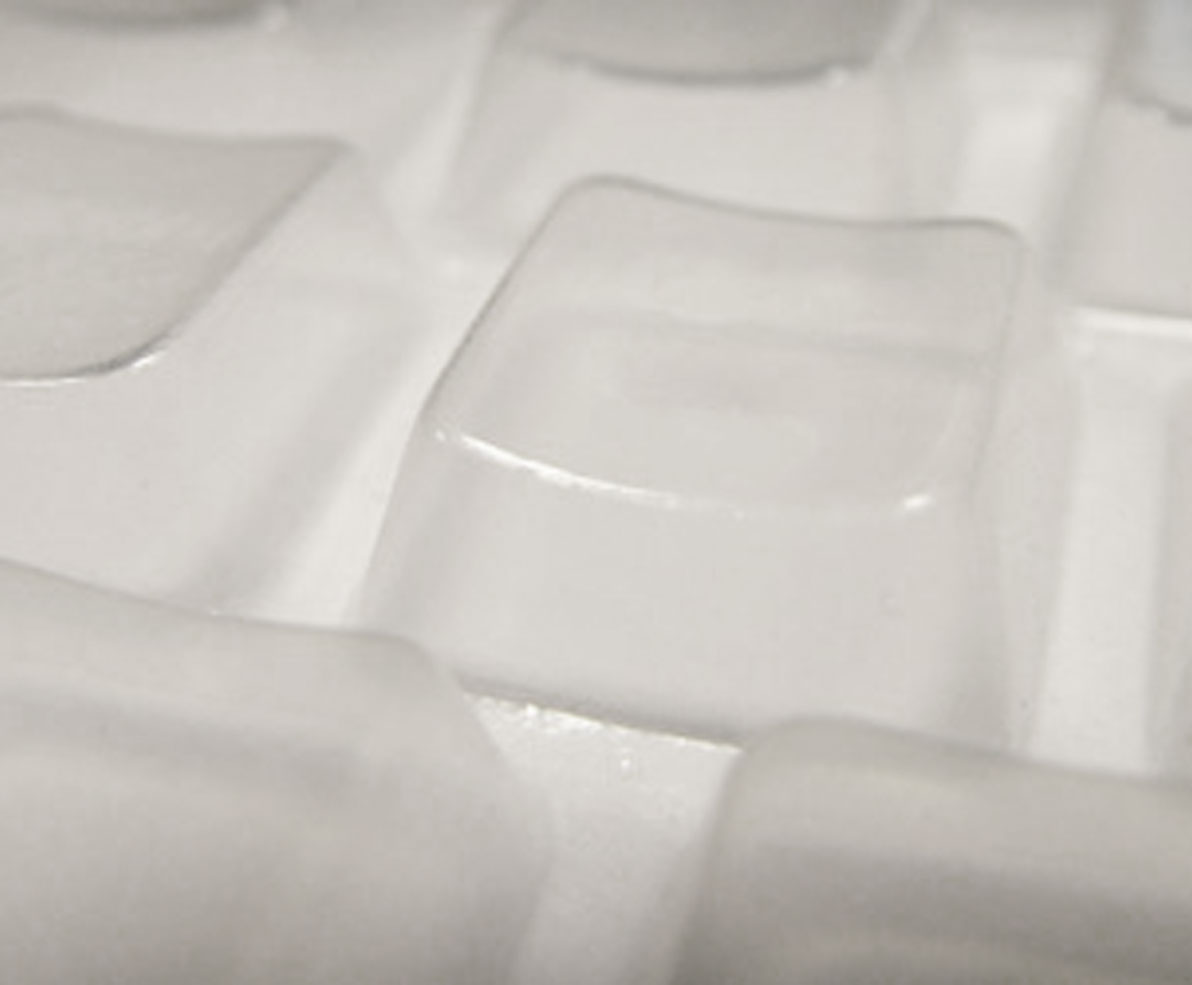
Recognising the risk of cross-contamination, Dentists have often used rolls of cling film to cover their keyboards… both awkward and time-consuming. The cling film is now being swapped for permanent covers which not only allow the keyboard to be cleaned and decontaminated in-situ, but also prevent bacterial and fungal growth in between cleaning cycles.
Clinical studies have demonstrated that keyboards represent a significant cross-contamination hazard, however, they are notoriously difficult to clean without the risk of permanent damage. Waterproof keyboards are available, but they tend to be expensive and, in the face of restrictive budgets, difficult to justify.
The innovative clear polymer cover has been developed to provide an effective yet economical solution to this problem. The covers can be supplied for most keyboard types and are very easy to fit.
The covers are manufactured from a highly resilient polyurethane film, which is able to withstand harsh cleaning and disinfecting chemicals, including detergents, alcohol and chlorine solution. Even with regular cleaning, the cover will last for many years. The film incorporates an antimicrobial masterbatch, ensuring the covers will provide continuous antimicrobial protection.
The polyurethane film is manufactured by a vacuum forming process, using a mould made directly from a sample of the keyboard. The covers are such an accurate fit that they are quite often referred to as keyboard gloves or keyboard skins. While they may take a short while to get used to, SteriType has had excellent feedback from single finger and touch typists alike.
Nick Corlett, SteriType Director, said: “The demand for SteriType keyboard covers has grown steadily since we launched them in 2006, but we’ve seen a real surge in interest since the beginning of this year. We now supply most UK NHS Trusts and a huge number of dental surgeries.
“The main purpose of the cover is to protect the keyboard and enable straightforward cleaning and disinfection, but they also have the unique additional benefit of the antimicrobial additive, which is incorporated into the film at the point of extrusion. This provides long-lasting antimicrobial properties which will work continually to reduce the growth of bacteria and mould. Unlike washable keyboards, the covers allow the keyboard to be cleaned without disconnecting it from the PC and taking it to a sink, which is obviously a huge advantage. In fact, we’re frequently asked to supply covers for washable keyboards.
“Based on ionic silver technology, SteriType keyboard covers are effective against a broad range of harmful organisms, including MRSA, E. Coli, Pseudomonas and Salmonella. It’s not intended to negate the need for regular cleaning, but is an interesting and useful complementary measure.”


